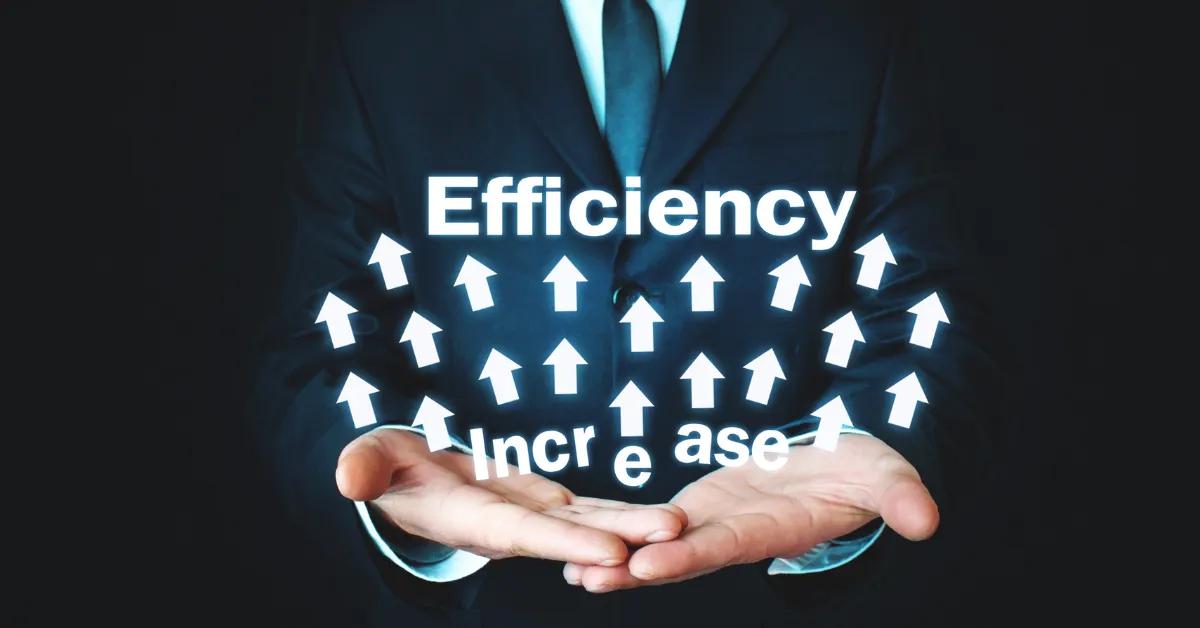Best AI Tools For Lawyers

Dan is an entrepreneur with a rich tech background and a passion for AI, known for his global perspective and leadership.

Overview of AI Tools for Lawyers
AI tools can be categorized based on their primary functions and the specific areas of legal work they support.Legal Research and Document Analysis
AI powered tools can quickly scan through vast databases of legal documents, including case law, statutes, regulations, and secondary sources, to identify relevant authorities and extract key insights.These tools often use natural language processing (NLP) and machine learning algorithms to understand the context and meaning of legal language, allowing them to provide highly targeted and accurate search results. Some AI tools can even generate summaries and annotations of legal documents, highlighting key points and saving lawyers valuable time in reviewing lengthy materials.Contract Review and Management
Traditionally, reviewing and analyzing contracts has been a time-consuming and labor-intensive process, requiring lawyers to carefully read through each document to identify key clauses, obligations, and potential risks.AI-powered contract review tools can automate much of this process, using NLP and machine learning to quickly scan through contracts and identify relevant provisions. These tools can also compare contracts against standard templates or best practices, flagging any deviations or potential issues for further review.In addition to reviewing individual contracts, AI tools can also help with contract management across an organization, providing centralized repositories, version control, and collaboration features to ensure that all parties have access to the most up-to-date and accurate contract information.Due Diligence and Case Preparation
AI-powered due diligence tools can quickly analyze vast amounts of data from multiple sources, including financial statements, legal documents, and public records, to identify potential risks or issues that may impact the transaction.Similarly, in litigation contexts, AI tools can assist with case preparation by analyzing relevant documents, identifying key facts and evidence, and even predicting potential outcomes based on historical data and legal precedents. These insights can help lawyers develop more effective strategies and arguments, increasing their chances of success in court.Predictive Analytics and Litigation Strategy
By analyzing large datasets of past cases and outcomes, AI algorithms can identify patterns and trends that may not be immediately apparent to human lawyers.These insights can help lawyers assess the strengths and weaknesses of their cases, predict likely outcomes based on various factors (such as jurisdiction, judge, or opposing counsel), and develop data-driven strategies to optimize their chances of success.Predictive analytics can also be used to forecast legal costs and budgets, helping law firms and legal departments better manage their resources and provide more accurate estimates to their clients.Top AI Tools for Lawyers

Chat GPT
Chat GPT is a large language model developed by OpenAI that can engage in natural, human-like conversations and assist with a wide range of tasks, including legal research, document drafting, and answering legal questions. Chat GPT's key features include its ability to understand context, provide coherent and relevant responses, and learn from its interactions with users.Lawyers can use Chat GPT as a virtual legal assistant, leveraging its natural language processing capabilities to streamline various aspects of their work. For example, lawyers can use Chat GPT to:- Conduct preliminary legal research and identify relevant cases, statutes, and regulations
- Draft legal documents, such as contracts, briefs, or memoranda, using Chat GPT's language generation capabilities
- Answer legal questions and provide explanations of complex legal concepts in plain language
- Brainstorm ideas and strategies for legal arguments or negotiations
Harvey AI
Harvey AI is an AI-powered platform designed specifically for the legal industry. It combines machine learning, natural language processing, and expert legal knowledge to support a range of legal tasks, including document review, due diligence, and contract analysis. Harvey AI's key features include its ability to learn from user feedback, adapt to specific legal domains, and integrate with existing legal software and databases.Lawyers can use Harvey AI to automate and streamline various aspects of their legal work, such as:- Conducting comprehensive document reviews and identifying key information, such as relevant clauses, dates, or parties
- Performing due diligence investigations and analyzing large volumes of data to identify potential risks or issues
- Reviewing and comparing contracts to ensure consistency and compliance with legal standards and best practices
- Providing data-driven insights and recommendations to support legal strategy and decision-making
Co Counsel
Co Counsel is an AI-powered legal research and writing platform that assists lawyers with a wide range of tasks, from legal research and document drafting to cite-checking and proofreading. Co Counsel's key features include its ability to understand natural language queries, provide relevant legal authorities and citations, and suggest improvements to legal writing style and structure.Lawyers can use Co Counsel to enhance the efficiency and quality of their legal research and writing tasks, such as:- Conducting comprehensive legal research and identifying the most relevant cases, statutes, and secondary sources
- Drafting legal documents, such as briefs, memoranda, or pleadings, with the assistance of Co Counsel's writing suggestions and templates
- Checking legal citations for accuracy and proper formatting according to the appropriate legal citation style (e.g., Bluebook or ALWD)
- Proofreading and editing legal documents for grammar, punctuation, and clarity
DocuEase
DocuEase is an AI-powered document management and automation platform designed to help lawyers and legal teams organize, manage, and generate legal documents more efficiently. DocuEase's key features include optical character recognition (OCR), document classification and tagging, full-text search, and customizable document templates and workflows.Lawyers can use DocuEase to streamline their document management processes and improve productivity, by:- Automatically categorizing and tagging legal documents based on their content and metadata, making them easier to search and retrieve
- Using OCR to convert scanned documents into searchable and editable text, enabling lawyers to work with paper-based documents more efficiently
- Leveraging full-text search capabilities to quickly find specific documents or information across large document repositories
- Creating customizable document templates and workflows to automate the generation of common legal documents, such as contracts, agreements, or forms
How AI Tools Can Increase Efficiency for Law Firms

Automation
One of the primary ways AI tools can increase efficiency for law firms is by automating repetitive tasks and processes that would otherwise consume valuable time and resources. AI-powered document automation tools can quickly generate standard legal documents, such as contracts, agreements, or forms, based on predefined templates and input data. This not only saves lawyers countless hours of manual drafting but also ensures that documents are consistent and error-free.Similarly, AI tools can automate other time-consuming tasks, such as:- Document review and analysis, by identifying relevant information and flagging potential issues
- Legal research, by quickly scanning through vast databases of legal authorities and providing targeted results
- Billing and invoicing, by automatically tracking time, generating invoices, and even predicting future costs
Accuracy and Consistency
By leveraging machine learning algorithms and vast databases of legal information, AI technologies can quickly identify errors, inconsistencies, or potential risks in legal documents or arguments.AI powered proofreading and cite-checking tools can review legal briefs and other documents for grammatical errors, typos, or incorrect citations, ensuring that all documents meet the highest standards of quality and professionalism.Similarly, AI tools can help ensure consistency across a law firm's body of work by identifying deviations from standard language, formatting, or best practices. This is particularly valuable for larger firms with multiple offices or practice groups, where maintaining consistency can be a challenge.Improving Client Service and Communication
AI tools can also help law firms improve client service and communication by providing faster, more responsive, and more personalized support. For example, AI-powered chatbots or virtual assistants can handle routine client inquiries, such as case status updates or billing questions, freeing up lawyers and staff to focus on more complex or urgent matters.AI tools can also help lawyers provide more proactive and strategic advice to their clients by analyzing large volumes of data and identifying trends, risks, or opportunities that may not be immediately apparent. This can include predicting potential outcomes of legal matters, forecasting future legal costs, or identifying areas where clients may need additional support or guidance.Analytics
AI tools can help law firms make more informed, data-driven decisions by providing insights and analytics that would be difficult or impossible to obtain through traditional means. By analyzing vast amounts of data from various sources, such as case law, client feedback, or financial records, AI technologies can identify patterns, trends, and correlations that can inform strategic planning and decision-making.For example, AI tools can help law firms:- Identify the most profitable practice areas or client segments, enabling firms to allocate resources more effectively
- Predict the likelihood of success in potential cases, allowing firms to make more informed decisions about which matters to pursue
- Analyze the performance of individual lawyers or teams, providing insights into areas for improvement or development

